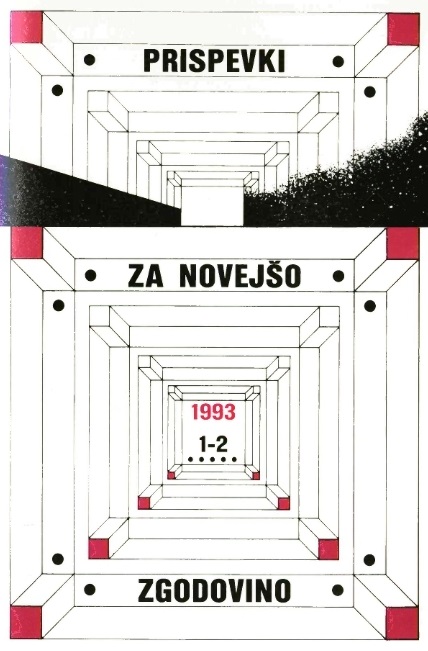Unitaristični in centralistični značaj vidovdanske ustave
The Unitary and Centralist Character of the June 28, 1921, Constitution
Author(s): Jurij PerovšekSubject(s): History of Law, Constitutional Law, Political history, Government/Political systems, Politics and law, Interwar Period (1920 - 1939)
Published by: Inštitut za novejšo zgodovino
Keywords: Yugoslav constitution; 1921; unitarism; centralism; Slovenia; autonomy; federal state; Vidovdan constitution;
Summary/Abstract: The author discusses the issue of the unitary and centralist character of the Yugoslav constitution adopted on June 28, 1921, an question that has not been devoted any particular attention to so far. The constitution was founded on the unitary-centralist Kingdom of the Serbs, Croats and Slovenes that eliminated from the ranks of national entities the Slovene and other peoples of Yugoslavia, introducing an imaginative (Yugoslav) ethnic entity within the strict centralist state system. The author emphasies the fact that Slovenes reacted to this character of the 1921 constitution as early as 1923 when a majority opted for a national programme of autonomy within a federal state, and insisted on it until the very end of the first Yugoslav state.
Journal: Prispevki za novejšo zgodovino (before 1960: Prispevki za zgodovino delavskega gibanja)
- Issue Year: 33/1993
- Issue No: 1-2
- Page Range: 17-26
- Page Count: 10
- Language: Slovenian

